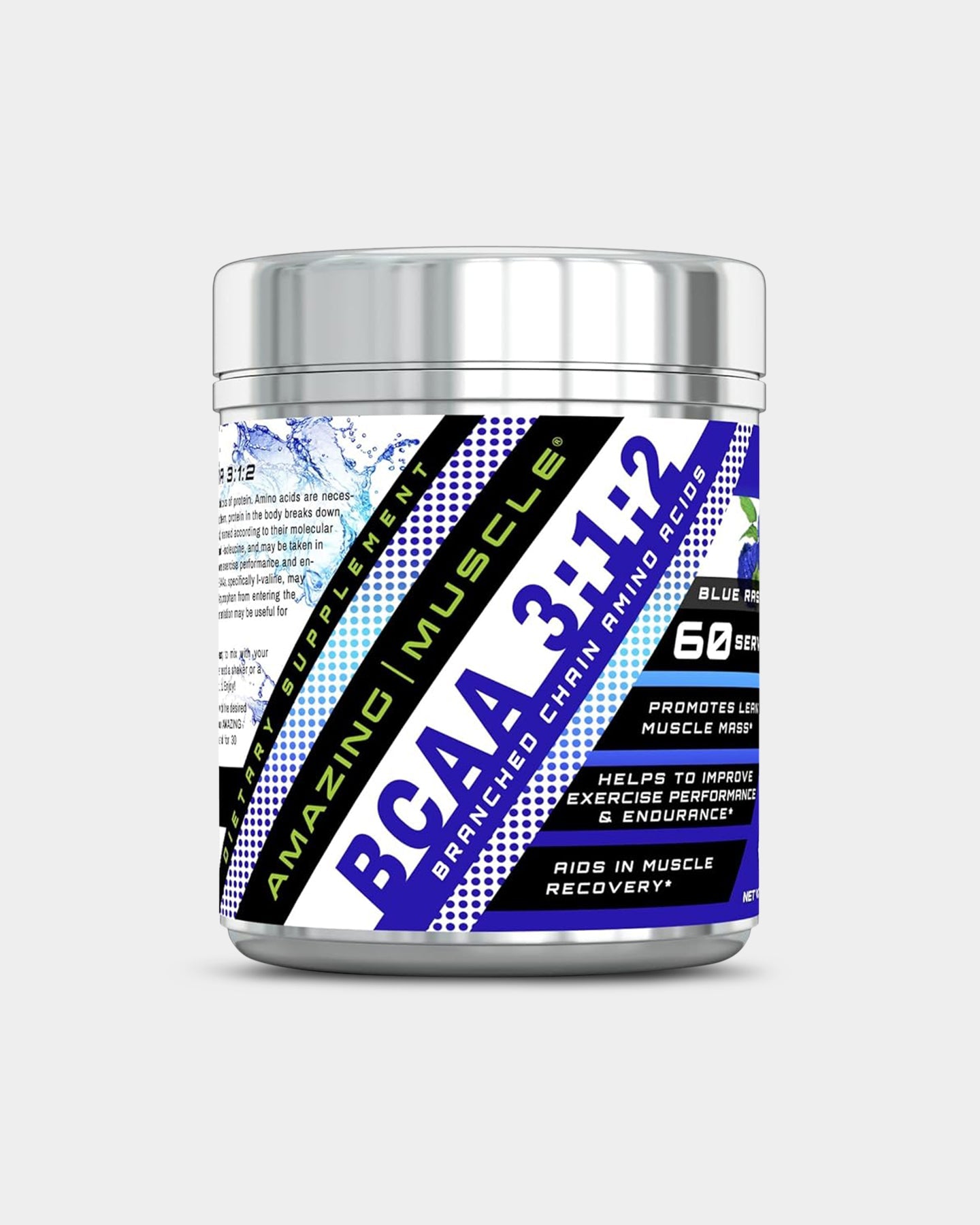Effective Ways to Use BCAA for Optimal Muscle Recovery in 2025
In recent years, BCAAs (Branched-Chain Amino Acids) have gained immense popularity among athletes and fitness enthusiasts alike, particularly regarding muscle recovery. Understanding the effective use of BCAA can make a significant difference in maximizing training results. This article explores key strategies for incorporating BCAAs into your diet for optimal muscle recovery in 2025.

Understanding BCAAs and Their Benefits for Muscle Recovery
BCAAs are essential amino acids that play a vital role in muscle metabolism and recovery. They consist of leucine, isoleucine, and valine, which help reduce muscle soreness after workouts and promote muscle growth. Understanding the benefits of BCAAs is crucial for optimizing your fitness regimen.
The Role of BCAAs in Muscle Protein Synthesis
BCAAs are known to stimulate muscle protein synthesis, the process that repairs and builds muscle fibers after training. Leucine is particularly effective in activating key pathways involved in protein synthesis. By integrating BCAAs into your post-workout nutrition, you support faster recovery and enhanced muscle growth.
Reducing Muscle Soreness and Fatigue
Incorporating BCAAs into your workout routine may help alleviate muscle soreness and fatigue. Studies indicate that BCAA supplementation effectively reduces delayed onset muscle soreness (DOMS), allowing athletes to resume training more quickly and efficiently.
Supporting Weight Management and Fat Loss
BCAAs can aid in weight management and fat loss efforts. By preventing muscle loss during calorie restriction, BCAAs help maintain lean muscle mass, which is crucial for effective metabolism and sustained energy levels throughout weight loss journeys.
With a solid understanding of BCAAs’ benefits, it’s essential to know how to effectively incorporate these supplements into your routine for optimal results.
Optimal Timing and Dosage for BCAA Supplements
When it comes to BCAA supplementation, timing and dosage are key factors that influence recovery and performance. Knowing how and when to take BCAAs can enhance their effectiveness markedly.
Timing Your BCAA Intake
The timing of BCAA consumption can make a significant difference. It’s recommended to take BCAAs pre-workout to enhance energy levels and post-workout to support recovery. Consuming BCAAs before training can provide an energy boost, while taking them afterward helps repair muscles damaged during workouts.
Recommended Dosage for Effective Results
Most experts agree that a dosage of 5-10 grams of BCAAs before and after workouts is ideal for maximizing muscle recovery and minimizing soreness. Pay attention to your body’s response and adjust the dosage accordingly to suit your individual fitness goals.
Exploring Different BCAA Forms
BCAAs are available in various forms, including powder and tablets. Both formats have their advantages—powder form is ideal for mixing with beverages, while tablets offer convenience for on-the-go supplementation. Choose the form that best fits your lifestyle and preferences.

Choosing High-Quality BCAA Supplements
When selecting a BCAA supplement, quality matters. Not all supplements are created equal, and understanding what to look for can help ensure you invest in effective products.
Identifying Key Ingredients
Always check the label for key ingredients and their ratios. A quality BCAA supplement should contain a ratio of 2:1:1 of leucine, isoleucine, and valine. Some products may include additional ingredients such as electrolytes for better hydration and recovery.
Reading Customer Reviews and Testimonials
Customer reviews can provide insight into the effectiveness of a specific BCAA supplement. Look for products with positive feedback regarding recovery, muscle soreness reduction, and overall performance improvements.
Choosing Sustainable and Safe Brands
Opt for brands that prioritize sustainability and safety. Researching the company’s manufacturing practices can help you make informed decisions and select the best products for your health and performance.
Incorporating BCAAs Into Your Diet
While BCAA supplementation can significantly improve recovery, it should complement a balanced diet. Educating yourself on integrating BCAAs with other nutrient-rich foods is essential for maximum results.
Pairing BCAAs with Other Nutrients
To achieve optimal recovery, pair BCAAs with carbohydrates and proteins. Combining these macronutrients can enhance muscle repair and replenish glycogen stores after workouts, further boosting recovery efforts.
Exploring Food Sources of BCAAs
If you prefer getting your BCAAs from food, numerous sources are rich in these essential amino acids. Foods such as eggs, chicken, fish, and dairy are excellent natural BCAA sources that not only support muscle repair but also contribute to overall nutrition.
Balancing BCAA Intake with Overall Nutrition
Achieving your fitness goals requires a holistic approach to nutrition. Ensure your diet is well-rounded, including ample vitamins, minerals, and healthy fats along with your BCAA supplementation, to support your overall health and fitness.
Conclusion: Maximizing Performance with BCAAs
In summary, understanding the effective ways to use BCAAs can make a substantial difference for athletes and fitness enthusiasts looking to maximize recovery and performance. By selecting high-quality BCAA supplements, timing your intake, and balancing your diet, you can leverage the benefits of these essential amino acids for optimal muscle recovery in 2025.
Q&A Section: Common Questions About BCAA Usage
1. What are the best times to take BCAAs?
The best times to take BCAAs are before and after workouts. Consuming them pre-workout can enhance energy, while post-workout intake supports muscle recovery.
2. Can I get enough BCAAs from food alone?
Yes, you can obtain sufficient BCAAs from protein-rich foods like chicken, fish, eggs, and dairy. However, supplements can offer convenience and higher concentrations of these amino acids.
3. How do BCAAs help with muscle soreness?
BCAAs help reduce muscle soreness by decreasing muscle damage during workouts and accelerating the recovery process due to their role in protein synthesis.
4. Is there a safe upper limit for BCAA supplementation?
While BCAAs are generally safe, it’s recommended to adhere to the suggested dosage of 10-20 grams per day. Always consult with a healthcare professional for personalized advice.
5. Are BCAAs suitable for weight loss?
Yes, BCAAs can aid in weight loss by preserving lean muscle mass during calorie restriction, which is essential for maintaining a healthy metabolism.
By adopting these effective ways to use BCAA for optimal muscle recovery, you’ll be well on your way to achieving your fitness goals and enhancing your overall performance.
